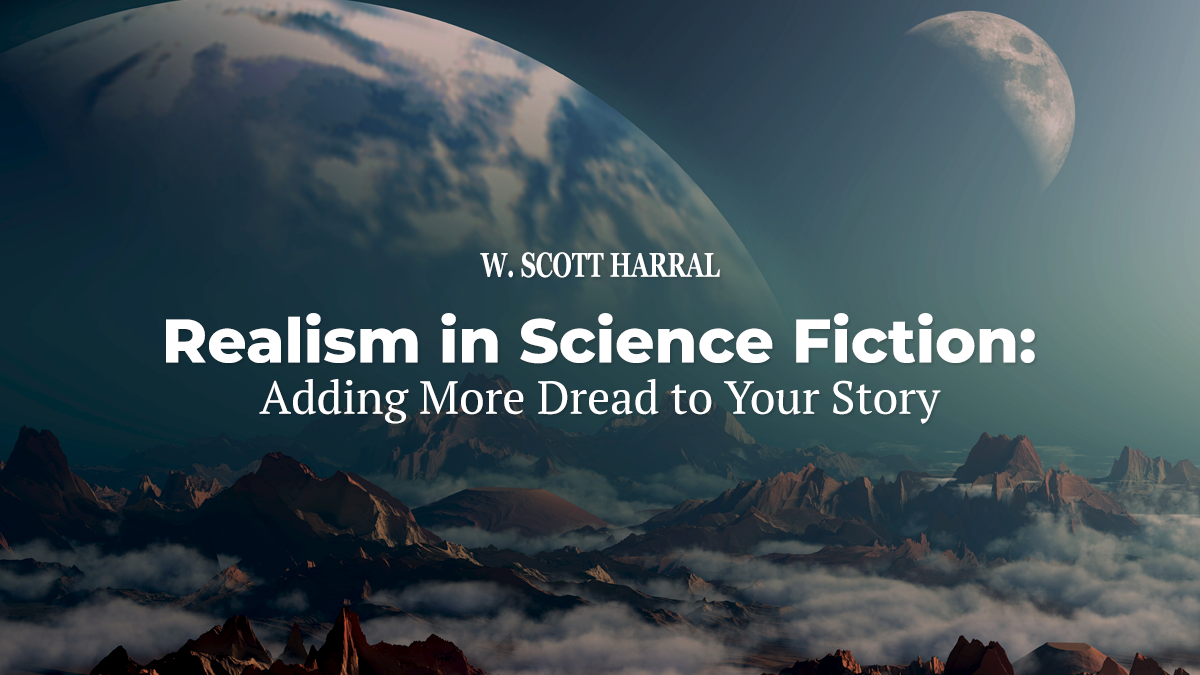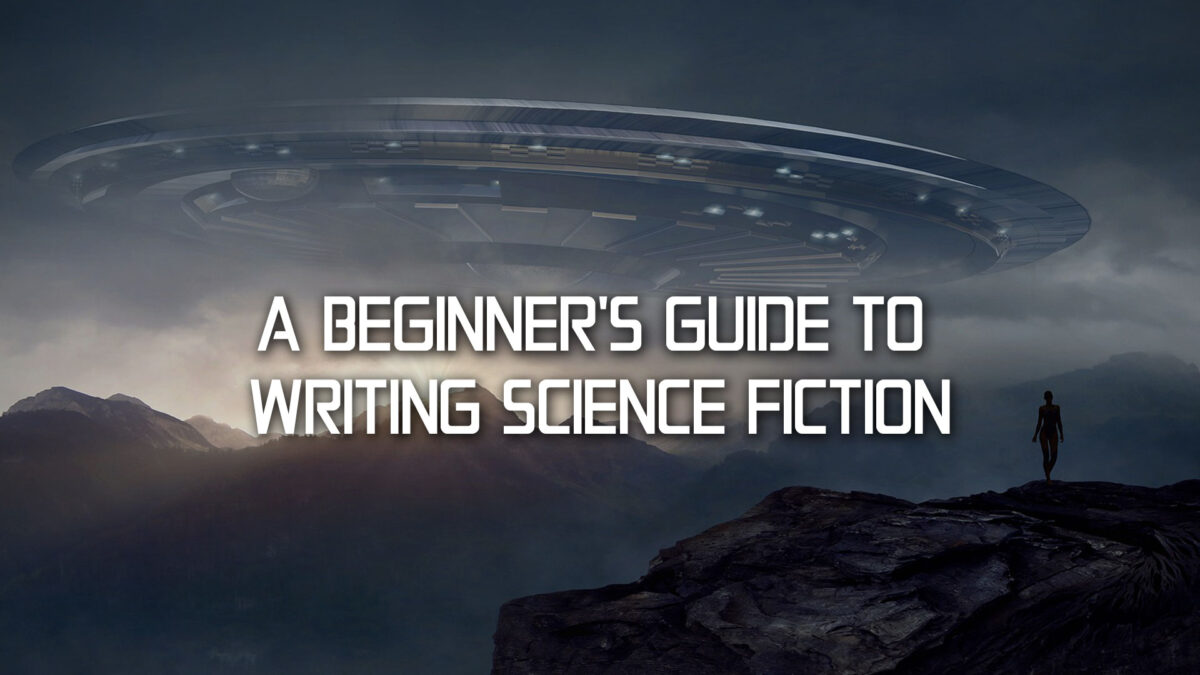History’s abundant with the greatest heroes and figures that have set examples of greatness. But these leadership lessons may come from someone you might not expect – a villain.
Yes, you read it right. We will share valuable leadership lessons from a fictional villain from one of the biggest science fiction franchises in the world. He is a faceless overlord clad in a black cape and hiding behind a mechanical helmet. He is known for his eerie breathing and hissing quite a few times.
A vast Empire army leader, Darth Vader, has superior power, influence, and intellect to obliterate the Rebel Alliance. Saving the most iconic reveal in history (we all know it), Darth Vader was a multifaceted fictional character who is universally loved despite being evil personified in the Star Wars franchise.
This might also sound like an exaggeration, but Darth Vader might have pioneered character development, as he eventually turned against the Empire and saved his son. His legacy of being a well-rounded character earned him a lasting legacy that will be remembered for all generations.
Leadership takeaways from the most “evil” villain
Darth Vader’s influence didn’t grow out of nowhere. While he may not be an ideal example because of his strongman leadership style, it doesn’t mean we have nothing to learn from. Disregarding all his atrocities, here are some of the crucial leadership lessons from Darth Vader.
Be assertive.
No one is born a leader. They are made and molded into someone with the right amount of ambition and compassion. By moderately demanding the best from your team, excellent results are possible. The thing about Darth Vader is that he makes things clear to everyone. He doesn’t want to make changes when unnecessary to prevent the swaying of others’ minds around him.
Darth Vader has also mastered the art of negotiation. He craftily increases the rewards he wants as a show of dominance. He is an example of a leader who should send a clear message without mixed signals. By being clear about what you want, you can avoid further complications in reaching your target.
Pick a side that will benefit everyone.
Choosing your most trusted allies can be an impossible task. At the same time, it can be a recipe for complications. The book Moon Luck by Scott Harral is a story of astronauts living on the moon and doing their best to work as a team. However, they eventually developed animosity towards each other. After all, familiarity breeds contempt, and a rift can break apart even the closest of friends.
Keeping the right people that not only work well with you is crucial, but so is inspiring loyalty to them. It would be best to establish enough influence to make people stay by your side. In the case of Darth Vader, he helps maintain a solid rapport in the team so that they remain focused on the bigger things.
Authenticity is attractive.
The biggest cinematic reveal in history was in Star Wars Episode V: The Empire Strikes Back. When Darth Vader admitted to being Luke’s father, it solidified the concept of truth eventually unfolding no matter the circumstances.
In the same way, a leader must always be truthful to their team and practice what they preach. There must be a good balance of authenticity and authority when leading people to where you want them to be. Be wise like a serpent yet innocent as a dove.
This also rings true with keeping promises.
Despite being the evilest person on the planet, his authentic attitude towards keeping his promises is well-known. He acknowledges that there’s something greater than himself while still upholding his militaristic beliefs. Darth Vader helps manage expectations by not overpromising and still delivering.
Recuperate when you can.
Even a villain like Darth Vader needs rest on occasion. He goes to his meditation chamber to relax without his armor on. Leaders still need to recover their energy from carrying significant responsibility. Only then will they continue to lead efficiently and in their best condition.
Take advantage of necessary resources.
Leaders can’t do everything alone. They might still move forward by doing so, but having another set of people to do the legwork will take you miles. It won’t hurt your pride to ask for help beyond your circle and use the proper leverage to get things done.
For example, when Darth Vader needed someone to find the Millennium Falcon, he could’ve searched himself or left it to a few Stormtroopers. Instead, he outsourced someone else and ultimately accomplished the task given. True leaders know they’re not always good at everything and will need someone to do things sometimes.






